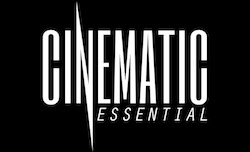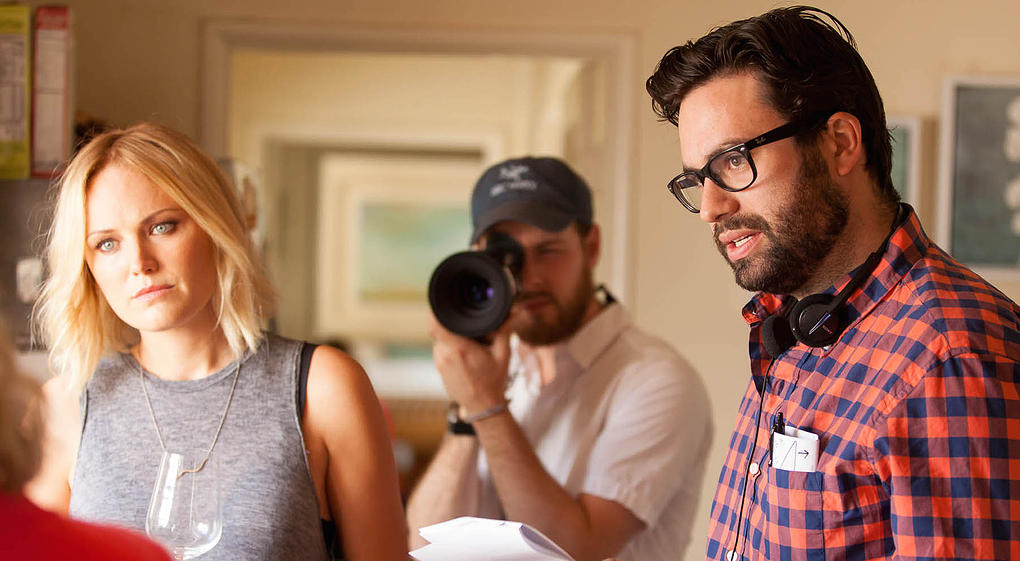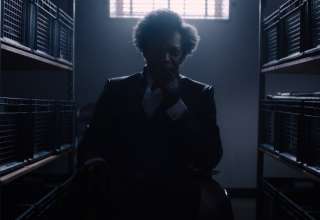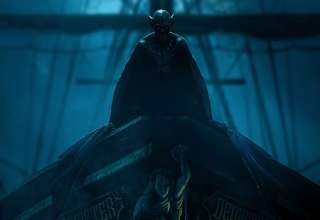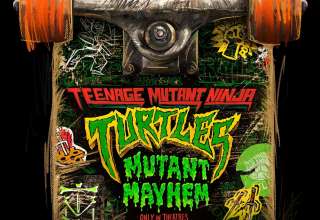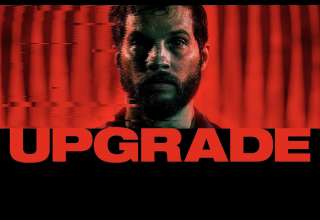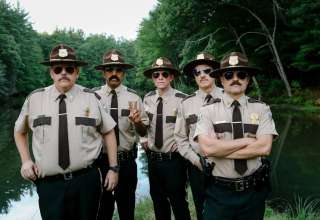I’ll See You in My Dreams represents changes for Brett Haley as a filmmaker. He’s done a feature film before, but this gave him a chance to do a few things like working with a film crew for the first time. When the up and coming director came to Boston, I got to speak to him about that and many other things that he’s learned from and is looking forward to in the future.
Cinematic Essential: First time doing anything like this?
Brett Haley: Yeah! This is my first time doing a press tour and sharing the movie in a different city every couple of days is very fun. That’s sort of the dream: you get to share your movie with people.
CE: What was your reasoning behind making a film about fearing death and aging?
Haley: I think probably because I have a fear of death and aging. I think we’re very self-obsessed and we forget that older people are living full lives too. Especially nowadays. People are living longer and longer lives and we’re healthier and healthier. So I think we forget that older people are out there experiencing things very similar to what we’re experiencing as younger people. For me, it was really about an older character being the best vessel for the themes and the questions that I was asking. It was a very organic choice. It wasn’t something that was thought out. The factor really was this is the truest way to ask these questions.
CE: So this wouldn’t be something that you’re going to focus on throughout your career?
Haley: I try not to make the same movie twice. I always try to make something different. This film, I think satisfied my questions. This film helps explore them more than anything. So I don’t want to go and make another film about the same exact thing. I don’t think that would be a good use of time or energy. Every time you make a film, you have to ask yourself why, and then you have to know that you’re not repeating yourself. I think that’s important.
CE: What was it like to go from doing your first film which cost only around five thousand dollars to make to something like this that has a budget a bit bigger?
Haley: It was great, because I actually had a crew and I had these amazing actors to work with who are household names. I had amazing actors to work with in my first film, but they weren’t necessarily household names at the time, but now I think this brings about more awareness of your film. So it was really fun to work with that and have a full crew to help you out. But I mean honestly, the basics were the same. The muscles your working are very similar on a lower budget film. This was a low budget film. It wasn’t like I jumped from this to a Disney movie or a studio movie. It was still a very small independent film. Of course it’s a little bit easier because you’ve got a nice, big food truck that shows up midway through the day to make sure that everybody eats lunch. That’s a really nice thing. You’ve got a full grip and lighting department, you’ve got make up, I had a production designer. I didn’t have all of those things on my first film. Those are the basics, but I didn’t have any of those. My film school is a place where I had to learn all those things and I worked in that system, so I know the system well. I worked as an assistant so it’s not like I was like “Oh, no! I don’t know how this all works.” I understood how it all worked and embraced it for the budget level that we made. But obviously it’s easier. The more money you have, the more you have at your disposal.
CE: I know you worked with John Hillcoat on The Road. What was that like?
Haley: Working with John was a huge learning experience. He’s not only a great director, but a great person. And I got a front row seat to what it means to direct a big movie through the process of making The Road. And The Road was a really tough movie for obvious reasons: it was dark, it was cold, you know. But John is such a positive guy and a lovely guy that I think I learned how to treat your crew and how to be a gracious director and collaborator. So it was a huge learning experience for me and John is still a mentor and friend. I’m really, really happy that I got that experience.
CE: Are you satisfied with the response that people have had for this film?
Haley: You want people to like your movie. You don’t want to make a movie and have everybody hate it. That would suck. At least from the people that are talking to me, they enjoy it. I think the thing that was surprising about it was how many laughs it gets. I never really considered it to be a comedy, but I think it is a comedy. I think it has these elements. You don’t know that until you put it in front of an audience. Sundance (Film Festival) was the first time we ever put it in front of an audience and we were getting roars of laughter and I was like “This is a lot funnier than I thought it was.” Because, how can you know if you’re just showing your friends and a couple of people here and there? So, I think an audience is going to inform you of what you made, and I was surprised that so many people found it so funny. But I think that’s great. People laugh and then they cry watching this film. I don’t think you can ask for much more than that. Everyone who has spoken to me has been surprised by the film that it doesn’t pander to people. Hopefully, it’s honest and authentic; that’s my goal. I feel really honored that people are even talking about my movie. It’s not easy to make a movie that gets out to the world.
CE: That kind of reaction could be seen as a confidence booster.
Haley: Yeah. It is and it isn’t. I mean you’re constantly in fear of being judged. You’re opening yourself up to the world and critics and all this stuff or maybe people who misunderstand why you made the film. That’s scary, so it’s not exactly a confidence booster. If people love the movie, that’s great and that’s good for your confidence, but this is a tough business and you have to put yourself out there. You have to know that not everyone is gonna like your movie, and you have to find a peace with that. It’s a hard thing to do, but my whole goal is to keep working. So I hope this leads to more work. That’s all I want to do… keep making films.
CE: What kinds of films would you want to make in the future?
Haley: Um, there’s no one type of film I want to make. I want to make a variety of films. I’d love to do genre films at some point, I’d love to do bigger films. But I think it’s all about a journey, it’s all about being smart about what films you do next. I like everything, truly. I look at a guy like Steven Soderbergh – even (Steven) Spielberg to some degree – they’re constantly making different types of films in different genres. I don’t think people really talk about that very much. Spielberg made Jurassic Park, but then he made Lincoln. There’s no comparison, they’re so different. And I think that’s what I’m after. I never want to make the same movie twice, because I want to really try my hand at a lot of different things. The industry wants to put you in a box and say “This is the kind of movie you made, so this is the kind of movie you can make.” Well, I’d like to break that. I want to make a western, I want to make a tragedy, I want to make a comedy, I want to make an action film. I’m interested in all of those things. I hope that I can start opening myself up to those opportunities.
CE: Do you see yourself directing without writing or writing without directing?
Haley: I’m open to it. I really enjoy writing though. For the most part, I’d like to make my own stuff, but at the same time, there are great scripts and stories out there that other people can do and have done. And I’m totally open to that. Directing is my true passion, so that’s the thing I want to do as much as possible.
